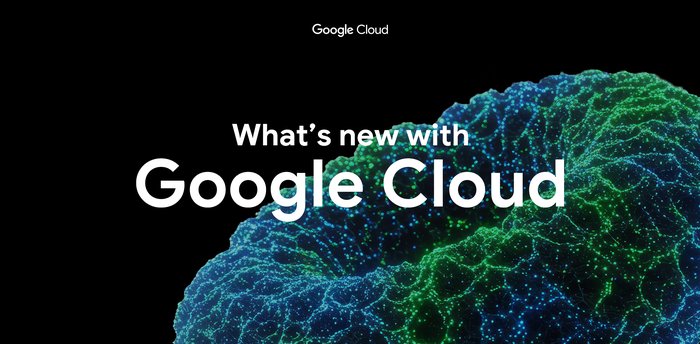How the public sector is working with Google Cloud to improve the health, safety, and wellbeing of citizens
Aileen Black
Executive Director and Industry Lead, US Government, Google Cloud
Today, as more than 1,000 leaders, customers, partners and developers across the public and private sectors join us at our Google Cloud Summit ‘18 in Washington, DC, we are taking a look at the public sector’s move to the public cloud. The public sector continues to be an important place where cloud technologies have a positive impact, and Google Cloud is proud to be working with a variety of public sector organizations at the federal, state, and local level to help improve the lives of the people they serve, as well as the workforce that helps them accomplish their missions.
Over the past year, we have seen incredible momentum as a growing number of public sector organizations embrace the cloud. Today, we’re pleased to announce that General Dynamics Information Technology (GDIT) is now a Premier Partner with Google, making it the first public sector systems integrator to add Google Cloud Platform (GCP) products and services under General Services Administration’s (GSA) IT Schedule 70.
“Google Cloud is at the forefront of turning massive datasets into insights,” says Yogesh Khanna, GDIT’s Chief Technology Officer. “Through Google Cloud’s pre-packaged and build-your-own cloud-based offerings, we will offer new solutions for the federal market, including the latest advancements in artificial intelligence and machine learning. Our relationship with Google is integral to our hybrid cloud go-to-market strategy. It enables GDIT to deliver a wide range of solutions on Google Cloud across federal government agencies, including health, civilian, the Department of Defense and the intelligence community.”
This builds on the momentum we’re already seeing in the public sector, such as our work with the government to advance the use of cloud technologies within the healthcare research community. Just this July, National Institutes of Health announced that researchers at over 2,500 institutions across the US will leverage storage, compute, and machine learning technologies from Google Cloud to access biomedical data and accelerate research progress toward finding treatments and cures for the most devastating diseases.
We’re also seeing many local and state governments embrace cloud technologies. The City of Los Angeles, for example, is leveraging the cloud to design systems that visually share public safety and community services information during natural disasters to ensure citizens can easily find evacuation shelters, sandbag stations, local hardware stores, and real-time weather reports. At the state level, Colorado moved to G Suite in 2012 to simplify IT, transforming how teams work together and empowering employees to rethink inefficient business processes. They have realized $32.5M in total cost avoidance as a result.
Our work with service members and personnel has also expanded throughout the course of the year. In August, we announced a new feature in Cloud Talent Solution that allows users to search by US military occupational speciality code (MOS, AFSC, or NEC) to improve job searches for veterans. We are also collaborating with GDIT to support the Navy's access to Google's cloud computing, storage, machine learning and analytics.
When we work with government organizations, they stress that protecting the personal information of citizens and employees is of utmost importance. Google Cloud is designed, built, and operated with security at its core, and we’re committed to helping our customers address their security, compliance, and governance needs. Complementing our certifications for cloud security and privacy against rigorous global standards, we currently maintain a FedRAMP Moderate authorization to operate (ATO) for Google Cloud Platform and G Suite as well as DoD Cloud Computing SRG IL 2 and a number of other government certifications. We’re also actively investing in capabilities to expand the scope and level of our certifications to serve an even broader base of potential public sector customers.
We look forward to working with government customers to identify ways our technology can positively impact communities and enhance productivity in a secure, reliable manner. We’ll continue to take a deliberate approach to the projects we pursue, focusing on areas such as healthcare, transportation, security, and workforce development and collaboration to add value across federal, state, and local agencies. You can learn more about our work with the public sector here.



